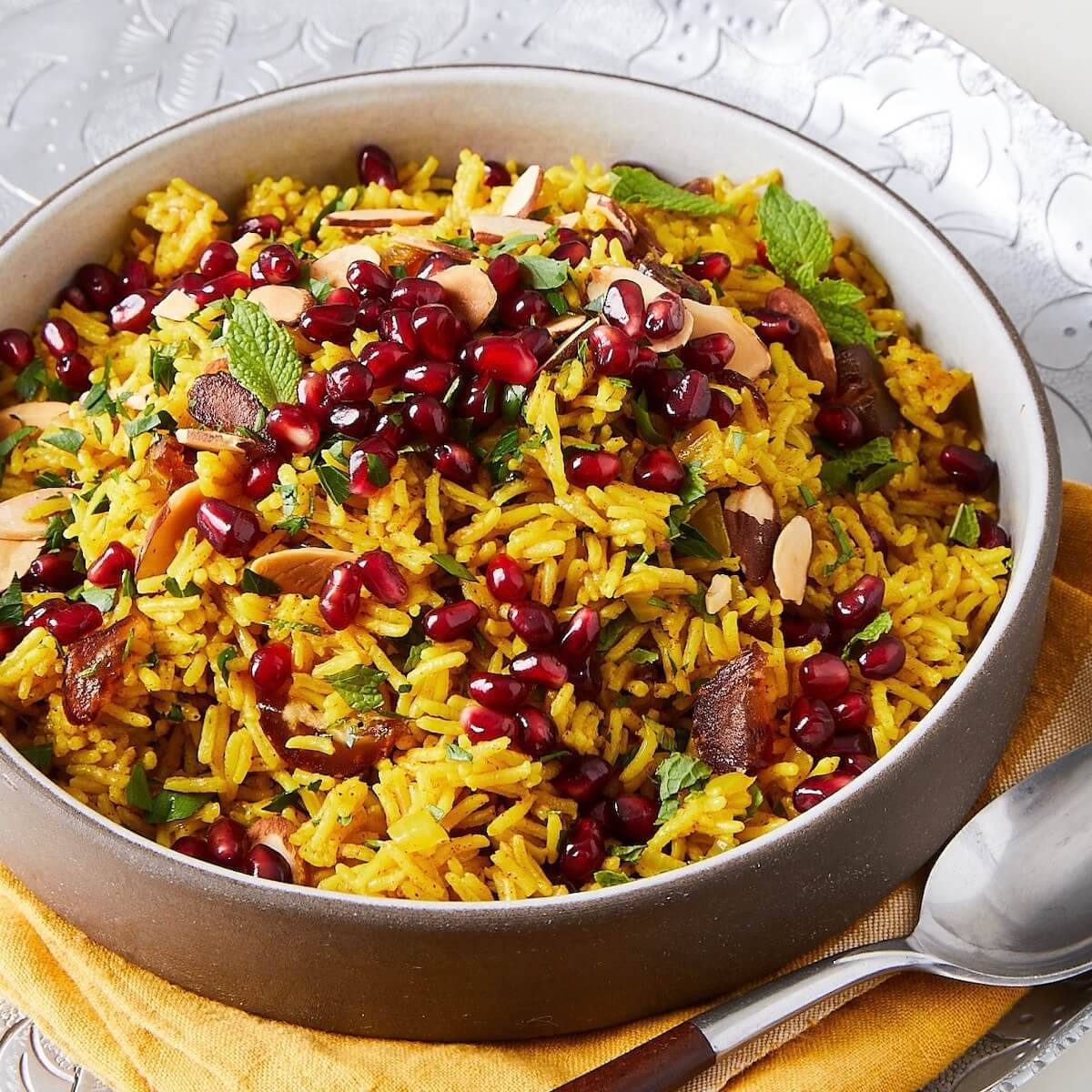King Mohammed VI and His Net Worth; Current Moroccan Prime Minister Aziz Akhannouch
Mohammed VI, the second child and eldest son of King Hassan II and Lalla Latifa, was born on August 21, 1963, in Rabat, Morocco. His siblings include Prince Moulay Rachid, Princesses Lalla Meryem, Lalla Asma, and Lalla Hasna. King Hassan II was committed to providing Mohammed VI with a comprehensive education in both religion and politics from an early age. At the age of four, he was enrolled in a Quranic school at the Royal Palace. Subsequently, he attended the Royal College and later pursued his law degree at Mohammed V University in Agdal, graduating in 1985. In the same year, he was appointed as a Colonel Major in the Royal Moroccan Army.
King Mohammed VI assumed the throne of Morocco in July 1999 following the demise of his father, King Hassan II. His estimated net worth stands at $6 billion. After ascending to the throne, King Mohammed VI initiated several social reforms; however, he faced allegations of government corruption in 2010 when diplomatic cables were leaked. In addition to his responsibilities as a monarch, he holds substantial business interests across Morocco, solidifying his position as the wealthiest king in Africa.
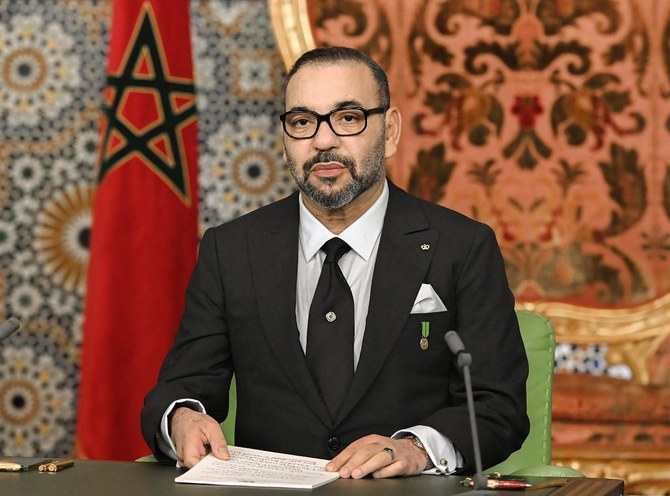
In 1987, Mohammed VI earned a certificate in political sciences and followed up in the summer of 1988 with a diploma in public law. His academic journey culminated in a Ph.D. in law from the University of Nice Sophia Antipolis in France in 1993. The subsequent year saw Mohammed VI’s elevation to Major General, eventually reaching the position of Commander-in-Chief of the Royal Moroccan Army.
Assuming the role of King of Morocco on July 23, 1999, following his father’s passing, Mohammed VI swiftly announced a series of comprehensive reforms targeting human rights improvement, job creation, and the alleviation of poverty and corruption. In early 2004, he instigated a significant modification to the family code, known as the Mudawana, empowering women. Despite these reformist endeavors, Mohammed VI faced criticism for alleged involvement in government corruption.
The year 2011 witnessed widespread protests in Morocco, spurred by concerns over issues such as police brutality, electoral fraud, and government censorship. In response, Mohammed VI implemented a series of reforms and introduced a new constitution. These measures, which included changes passed on July 1, 2011, through a public referendum, aimed at addressing the demands for political and social transformations voiced by the public during the protests.
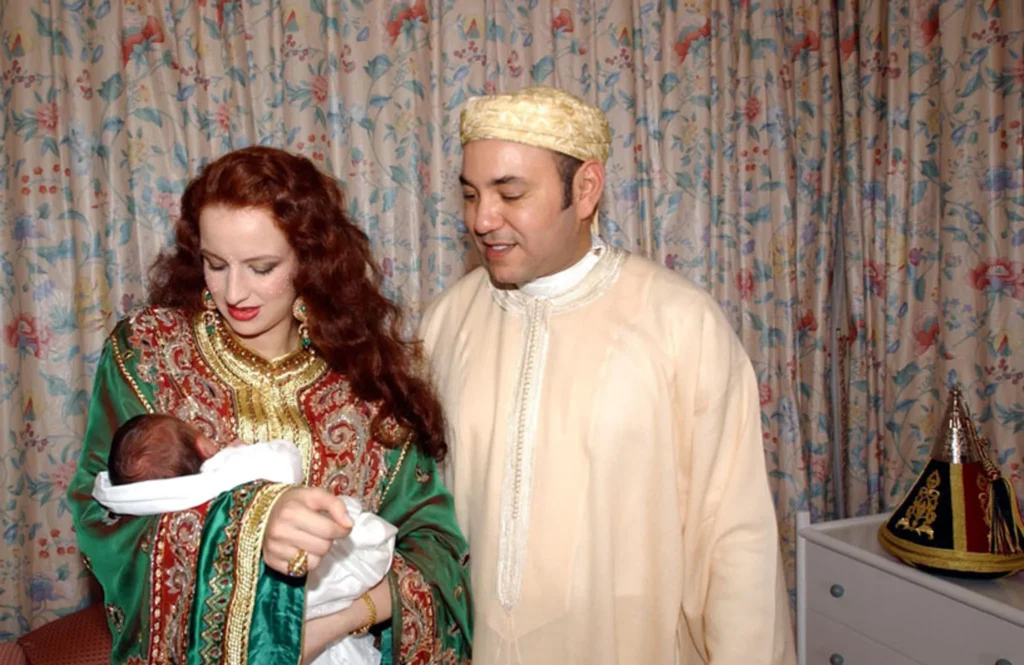
In addition to his various responsibilities as king, Mohammed VI established the Royal Advisory Council for Saharan Affairs to assert Morocco’s position in the protracted Western Sahara dispute. His leadership also witnessed Morocco’s reintegration into the African Union in early 2017. King Mohammed VI actively pursued partnerships, fostering relations with entities like the Gulf Cooperation Council, as well as major global powers such as China and Russia.
Furthermore, he played a pivotal role in normalizing diplomatic ties between Morocco and Israel. However, the diplomatic tensions with Algeria, Morocco’s neighboring country, continued to escalate under Mohammed VI’s rule. His multifaceted approach to international relations reflects the complexity of Morocco’s geopolitical landscape during his reign.
THE CURRENT PRIME MINISTER OF MOROCCO – AZIZ AKHANNOUCH
Appointed as the Head of Government of Morocco by His Majesty King Mohammed VI on September 10, 2021, Mr. Aziz Akhannouch currently serves as the President of the first elected party in Morocco, the RNI (National Rally of Independents), and holds the position of President of the Communal Council of Agadir.
Born in 1961 in Morocco, Mr. Akhannouch earned a degree in Business Management from Sherbrooke University in Canada. He is the founder of several companies operating across diverse economic sectors. Prior to his current role, from 2007 until his appointment as Head of Government, Mr. Akhannouch served as the Minister of Agriculture, Fisheries, Rural Development, Water, and Forests.
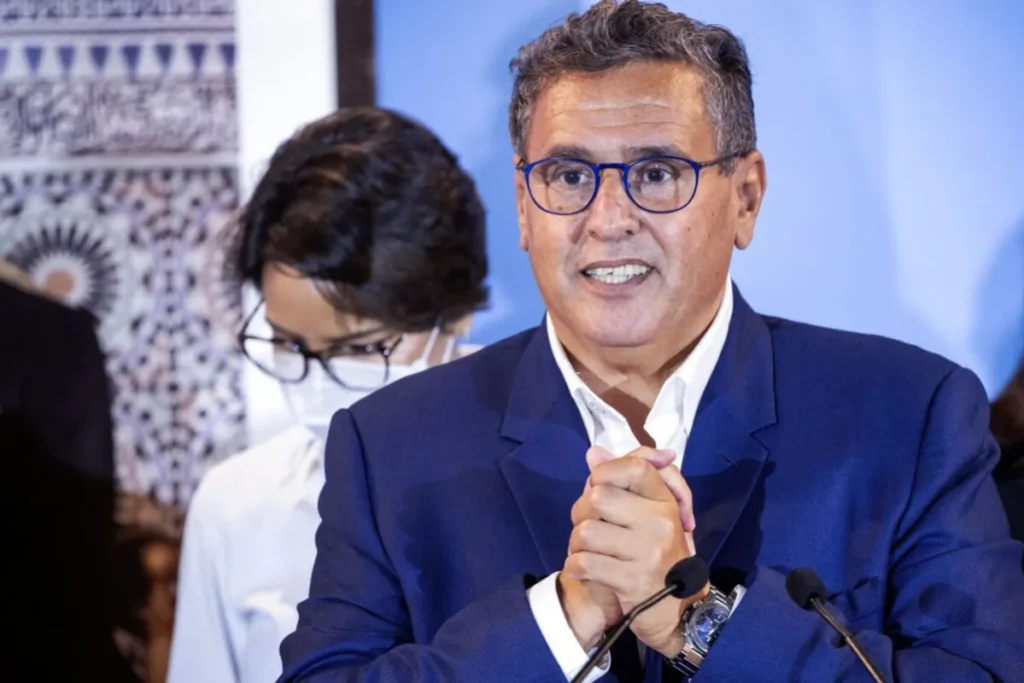
During his tenure as Minister, he played a pivotal role in implementing the “Green Morocco Plan,” an ambitious strategy launched in April 2008 by His Majesty King Mohammed VI. Mr. Akhannouch also spearheaded the development of the “Green Generation 2020-2030,” a new agricultural strategy aligned with the directives of His Majesty the King.
Notably, Mr. Akhannouch oversaw the launch and implementation of the Halieutis Plan, a transformative initiative that significantly reshaped the fisheries sector in Morocco, promoting sustainability and competitiveness.
A member of His Late Majesty King Hassan II Think-Tank until 2009, Mr. Akhannouch is also associated with the Executive Board of the Mohammed VI Foundation for the Protection of the Environment and serves as an Executive Member of the Mohammed VI Foundation for the Reintegration of Prisoners.
Since his election as the head of the RNI on October 29, 2016, Mr. Akhannouch has initiated a significant dynamic within the party. This period witnessed the creation of parallel party organizations and the introduction of innovative initiatives, fostering a close and participative approach. Moreover, under his leadership, there have been substantial contributions to political, social, and economic matters.
Controversies
Akhannouch faced numerous accusations of corruption during his tenure as the Minister of Agriculture. In 2017, Hamid Chabat, the Secretary General of the Istiqlal Party, publicly accused him of embezzling 13 billion Moroccan dirhams allocated for gas compensation during a party meeting. At a previous event in Fez, Chabat not only reiterated accusations of corruption but also insinuated that Akhannouch’s $2 billion fortune surpassed the collective wealth of “all that 30 million Moroccans own.”
Adding to the controversy, a blogger named Maysa Salama al-Naji published an open letter to King Mohammed VI in June 2021, wherein a 400-page report detailing corruption charges against Akhannouch was cited. This further intensified the scrutiny surrounding the allegations.
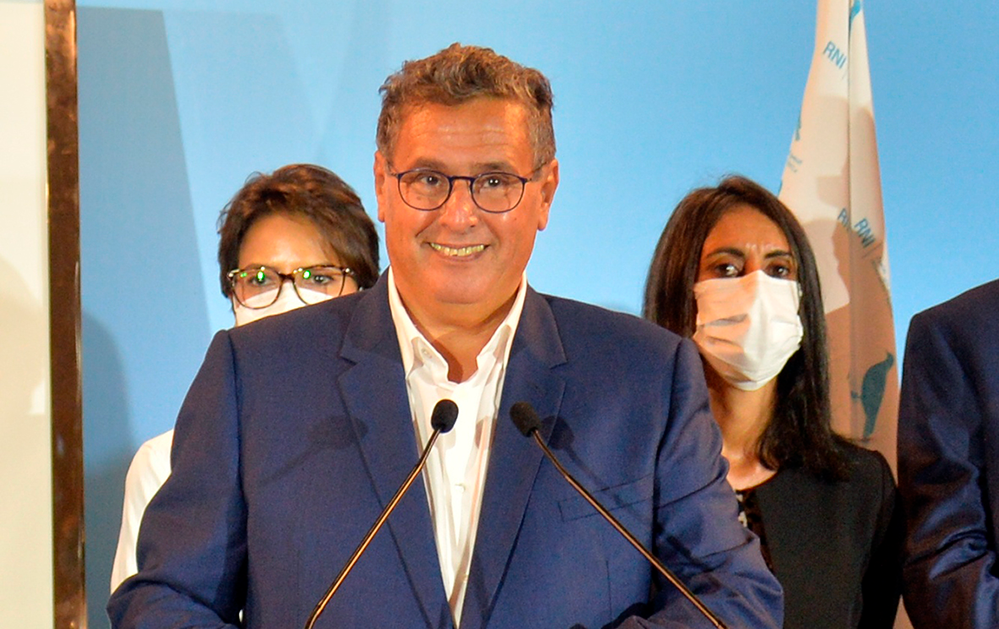
Apart from corruption accusations, Akhannouch has been the subject of criticism for his alleged involvement in suppressing dissenting opinions and imprisoning political opponents. Calls for an end to violations of freedom of speech and the right to peaceful demonstration have been directed towards his administration, contributing to concerns about the state of political freedoms in Morocco during his leadership.
These controversies have undoubtedly shaped the public discourse around Akhannouch’s political career, prompting discussions not only about the allegations themselves but also about broader issues related to governance, transparency, and civil liberties in the country.
